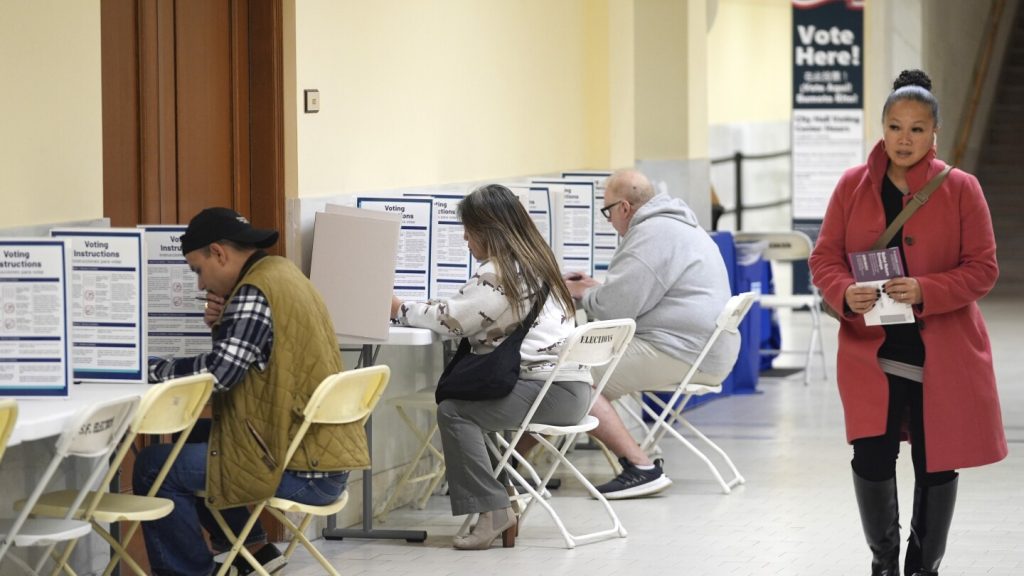A recent discovery by analysts at Graphika, a New York-based firm that tracks online networks, has uncovered a Chinese disinformation group known as Spamouflage. This group is responsible for spreading disinformation and unrelated content on social media platforms in an effort to influence American voters. One of the fake accounts created by Spamouflage, known as Harlan, claimed to be a New Yorker and an Army veteran who supported President Donald Trump. However, it was later revealed that Harlan’s identity was fabricated and his profile picture was likely generated using artificial intelligence.
According to Jack Stubbs, Graphika’s chief intelligence officer, Spamouflage is part of a larger covert online influence operation run by Chinese state actors. This operation has intensified its efforts to infiltrate and sway U.S. political conversations ahead of the upcoming presidential election. While Russia remains a top threat in terms of online influence operations, China has adopted a more cautious approach. Instead of supporting a specific candidate, China focuses on issues important to Beijing, such as American policy toward Taiwan, and seeks to undermine confidence in U.S. elections and democracy in general.
The Chinese Embassy spokesperson, Liu Pengyu, denied Graphika’s findings and stated that China has no intention of interfering in the U.S. election. However, platforms like X (formerly known as Twitter) and TikTok have taken action against accounts linked to Spamouflage. X suspended several accounts after questions were raised about their authenticity, while TikTok removed accounts, including Harlan’s, for violating their policies on deceptive accounts and harmful misinformation. The removal of these accounts highlights the ongoing challenges platforms face in dealing with online disinformation campaigns.
Online influence operations are becoming an increasingly popular tool for countries and other actors to exert geopolitical power at a low cost and low risk. Max Lesser, a senior analyst for emerging threats at the Foundation for Defense of Democracies, predicts that the use of online disinformation networks will only continue to rise as digital communications become more prevalent. These operations are not limited to nation-states but could also involve criminal organizations, domestic extremist groups, and terrorist organizations, further widening the playing field for influence operations.
Spamouflage’s tactics have evolved over the years, from posting generically pro-China content to targeting divisive political topics like gun control, crime, race relations, and international conflicts. The network creates fake accounts that mimic American users and repost content from both far-right and far-left sources. While some of these accounts are successful in gaining traction, others fail to attract attention. The sheer volume of fake accounts and recycled content increases the likelihood that a specific post will go viral, highlighting the numbers game at play in online influence operations.
The discovery of these fake accounts, including Harlan’s, serves as a reminder of the ongoing threat posed by disinformation campaigns on social media platforms. As the U.S. approaches the November election, it is essential for policymakers, tech companies, and the public to remain vigilant against these tactics. By understanding the motives behind these influence operations and taking proactive measures to combat them, we can better protect the integrity of our democratic processes and ensure that voters are not misled by false information spread online.


